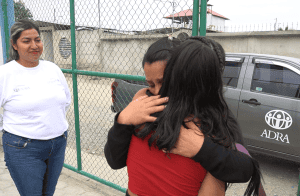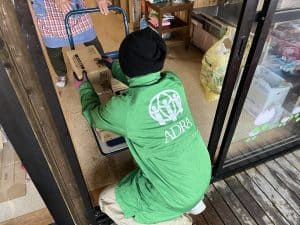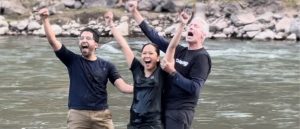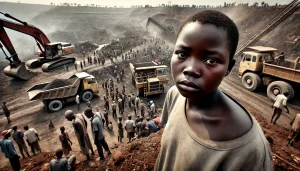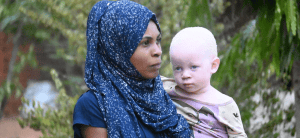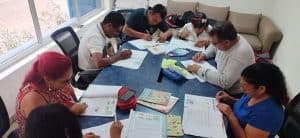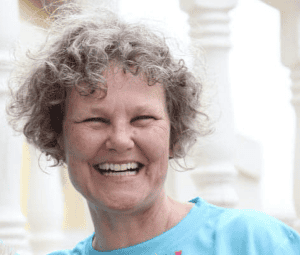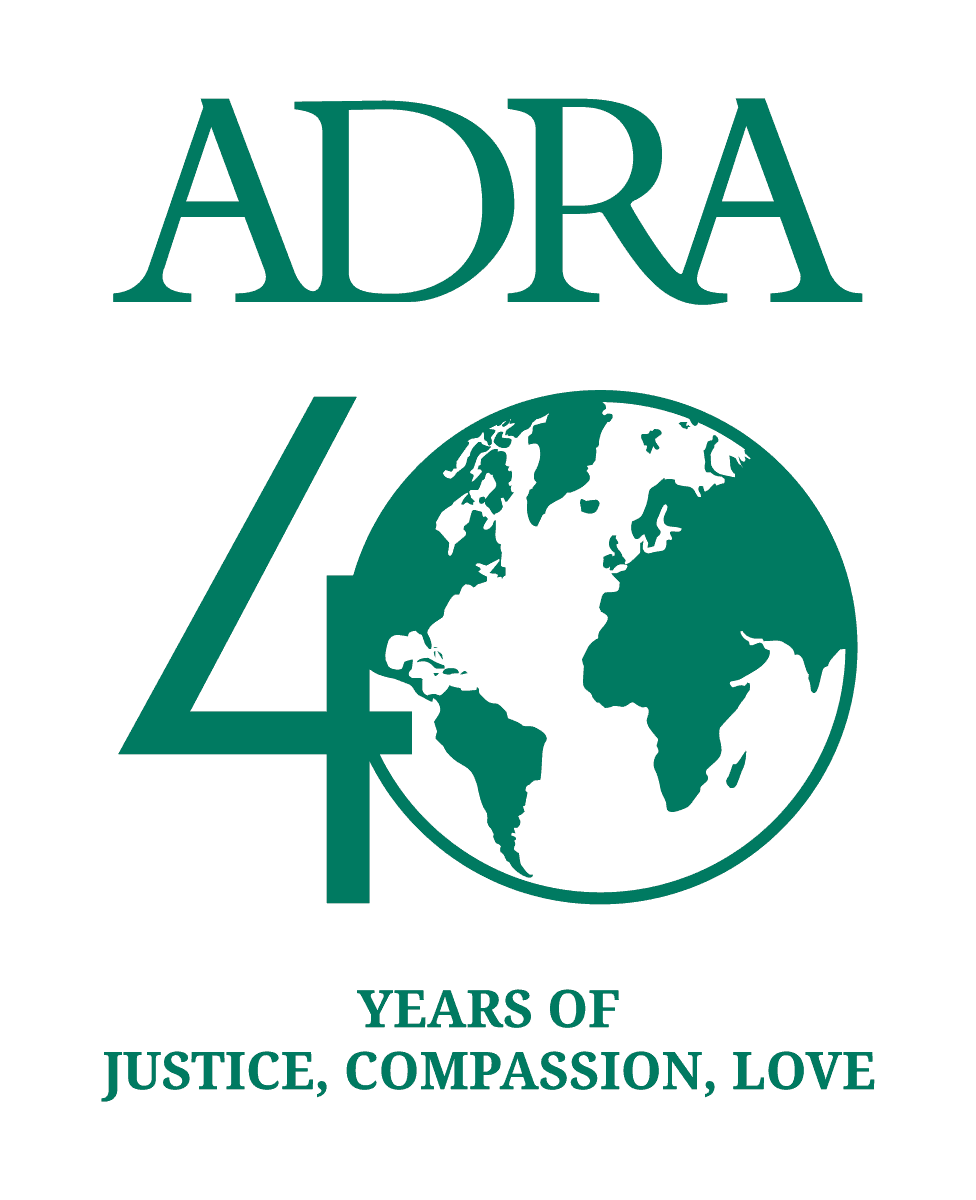Humanitarian work is a unique career. Those who are called to this line of work are frequently faced with some of the world’s most heartbreaking challenges, but the results are intensely rewarding.
Three of ADRA’s staff members from around the world shared a little bit about their humanitarian careers.
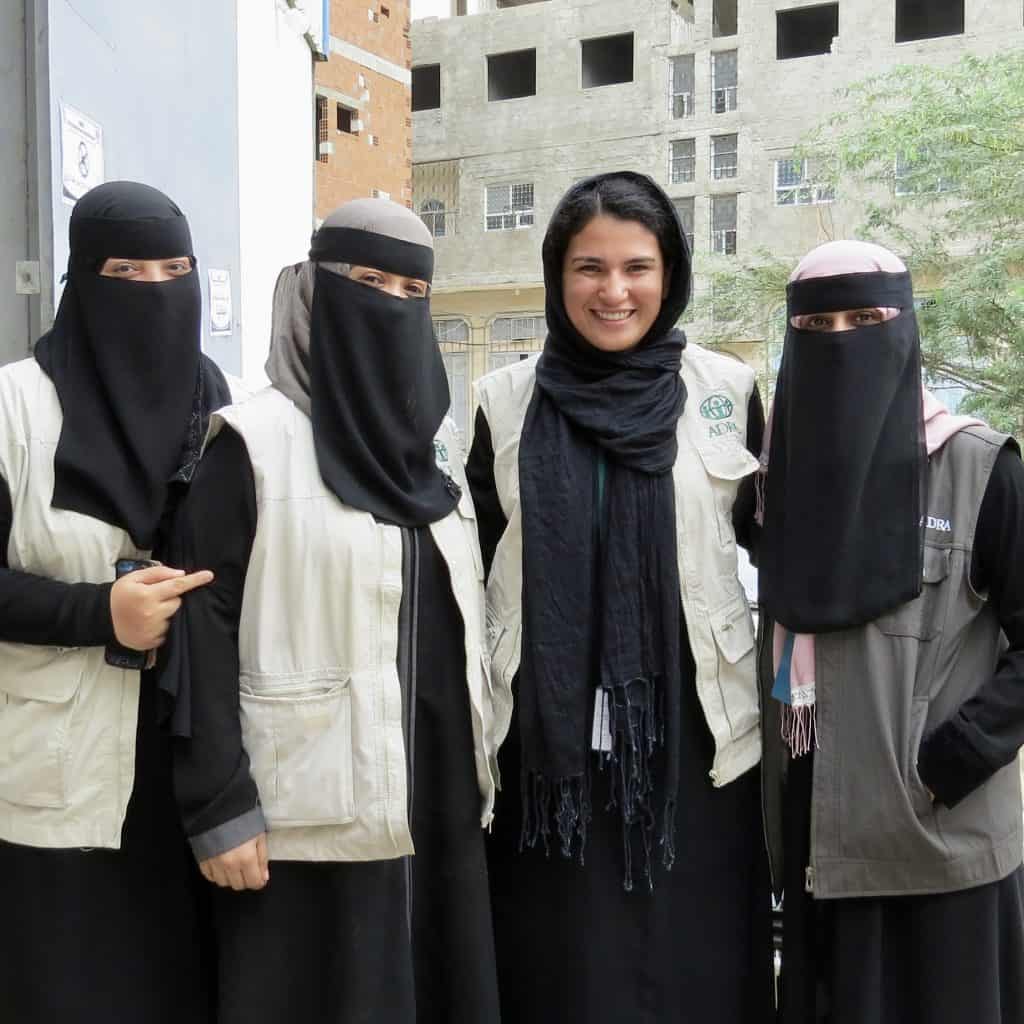
Who: Evani
Where: Yemen
Evani is ADRA’s Communications & Advocacy Officer in Yemen. Despite the country’s many challenges, her team was able to serve more than 6 million people in 2021 alone.
“I joined ADRA nine years ago, and what started as a volunteer year is now my career. I found in ADRA a channel to do God’s work.
Being on this career path makes me realize how great of a humanitarian Jesus was, looking after the most neglected in His time and bringing relief to the people who suffer the most.
Living in a war zone is uncommon and tough. Still, I have seen God doing miracles to overcome the many challenges we face in Yemen, either with His protection or with His providence.
More than 20 million people in Yemen are relying on humanitarian aid to survive. Half of the health facilities have been destroyed, over 9 million children are out of school, and 12 million people don’t have access to clean water. 17 million of them don’t know where their next plate of food will come from. The list of needs goes on.
In the middle of these challenges, I see my ADRA colleagues working tirelessly and I see the support that ADRA is providing here in Yemen is life-saving.
The first thing that comes to my mind when I am asked about Yemen isn’t the war, but its people. For the last three years, my colleagues and people I meet during field visits have shown me so much kindness, hospitality, and resilience. The country is rich in natural beauty and history. Sanaa’s capital is one of the oldest cities in the world.”
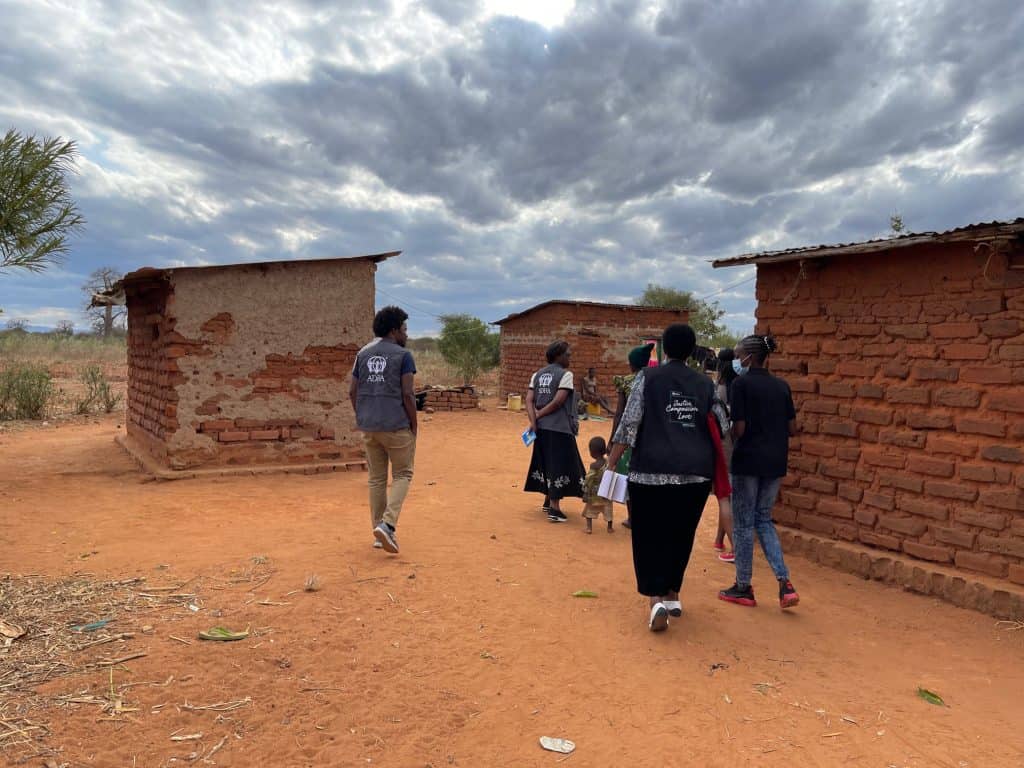
Who: Billy
Where: United States
Billy is ADRA International’s Emergency Response Program Manager for the Africa and Europe regions where he helps coordinate emergency responses.
“The current drought in the Horn of Africa went from dire to cruel. Many countries in Africa, already in a food crisis, rely on Russia and Ukraine for a significant percentage of their wheat and other commodities. Most institutional aid dollars have recently been diverted to support the millions of refugees who have fled the fighting in Ukraine, leaving millions in existing crises at risk of imminent starvation.
While the headlines focus on one story, there are millions of stories left behind and untold. Silence has dominated. But our hearts and capacity need to change to help everyone, even when a new crisis develops. People’s lives depend on it.
In these dire times, communities cope by banding together to support each other, sharing the little they have. Even the most vulnerable, like an elderly lady I met in Kenya, shares her food with the most destitute in her neighborhood.
ADRA is not seen as a savior but a member (like family) of their community. When ADRA or any entity is actively participating in easing the suffering with the much or little they have, it is like this elderly lady sharing her food with those in need: there is joy! It also encourages people to be more selfless, to give more, to do more. Good works become contagious.
Our goal as members of these communities is to share the little that we have to save lives and spread this joy even in the midst of a terrible crisis. It’s always a privilege and honor to be invited to be part of this life-saving joyous activity. To choose not to be silent when the poor cries out for help.”
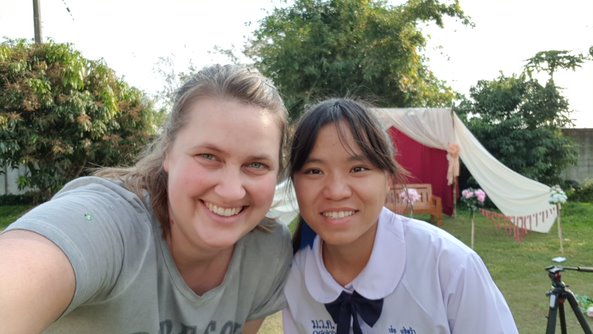
Who: Britt
Where: Norway
Britt is ADRA’s Communication and Program Advisor in Norway. One major focus for the team there is education, and Britt has built a special relationship with ADRA’s Keep Girls Safe shelter in Thailand.
“My first ADRA trip to northern Thailand was in 2008. While there, In the hill tribe village where I visited, three young girls were following us from a distance as we talked with the villagers. Two of the girls had dark, shiny hair while the third had hair of a lighter shade.
It was one of those small details that stands out to you when you’re in a new place, but I soon learned that color changes like that can happen in someone whose nutrition is lacking.
As I heard stories from the village, I found out this little girl’s mother had died and her father was consumed by drug and alcohol addictions. The girl’s only meals came from begging every day.
I returned to Thailand a year later, this time to visit the Keep Girls Safe project. I recognised the young girl from the village in the shelter. With the care and protection she was receiving, she looked happy and healthy. Her hair was black and shiny.
Ever since then, Keep Girls Safe has had a special place in my heart.”
ADRA has thousands of staff members around the world, and each of these humanitarians has a different experience with a unique story to tell. We ask that you take a moment today to say a prayer for ADRA’s team and humanitarians everywhere.


